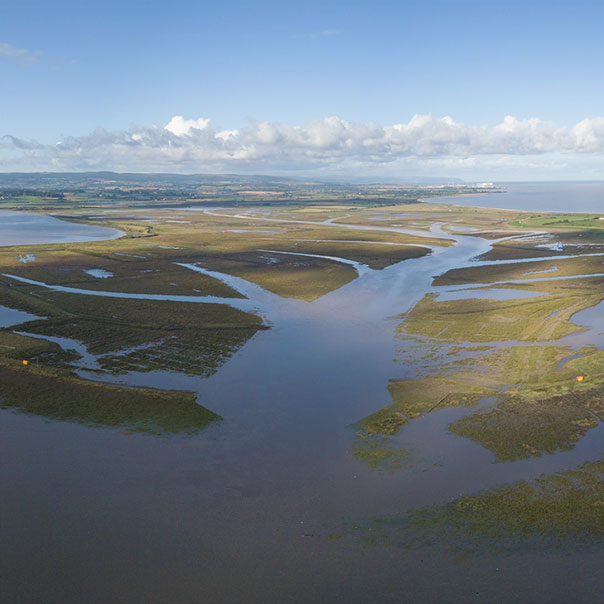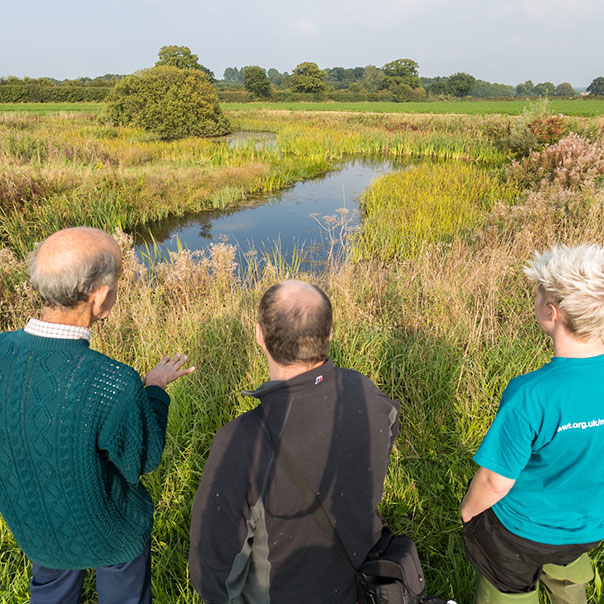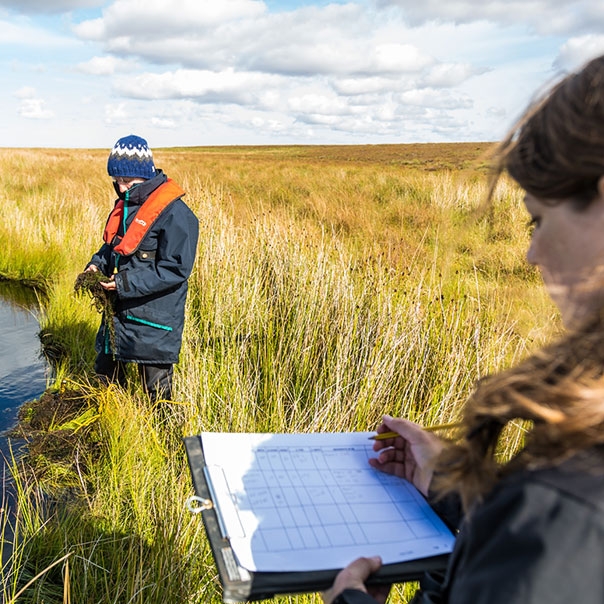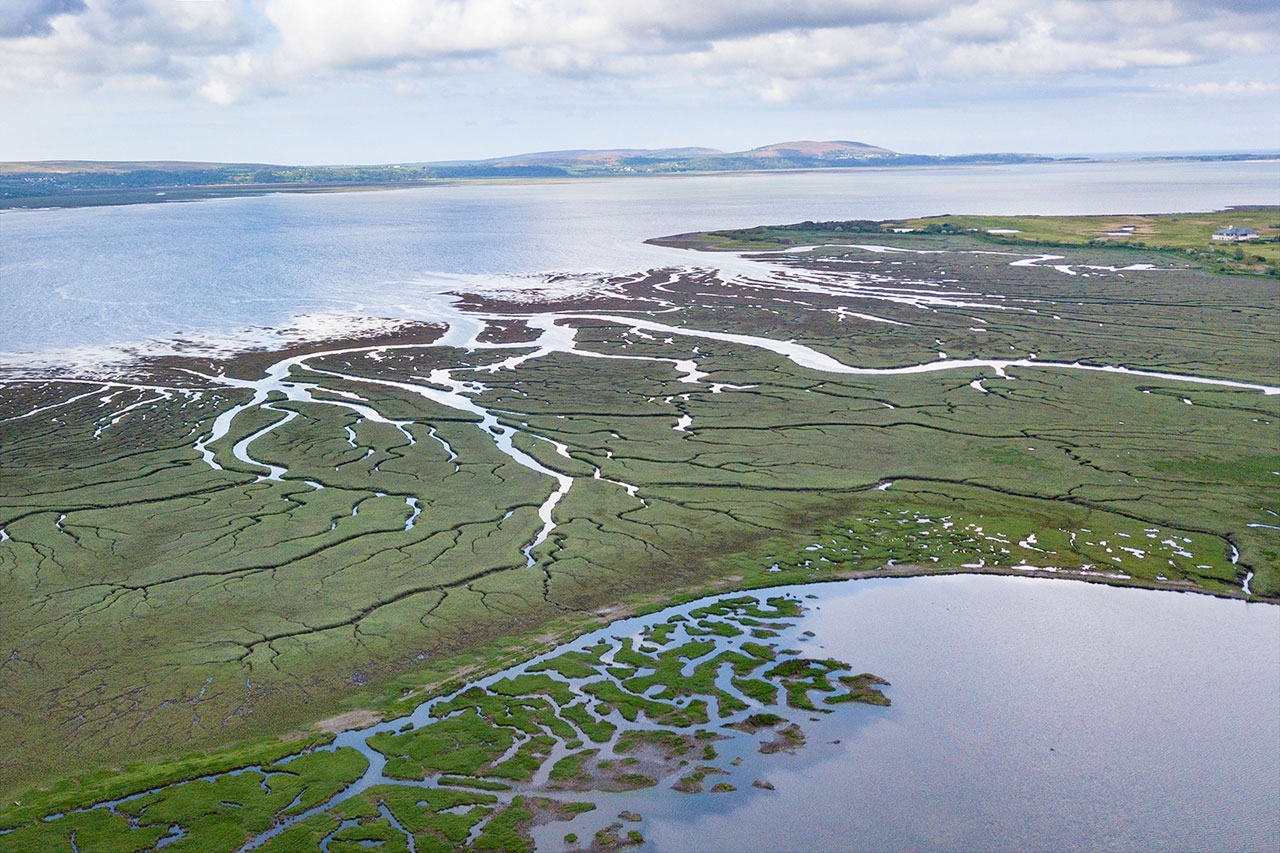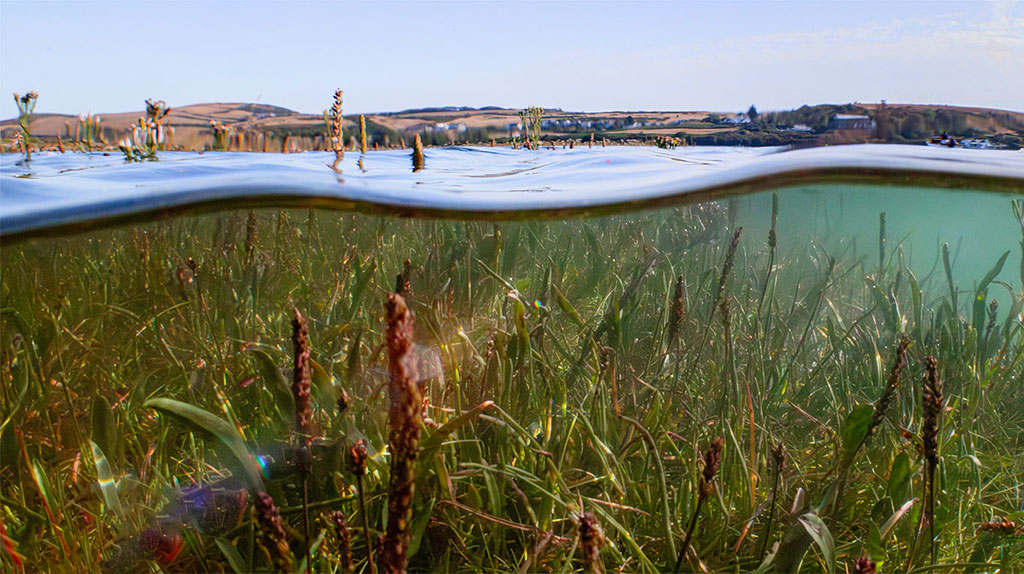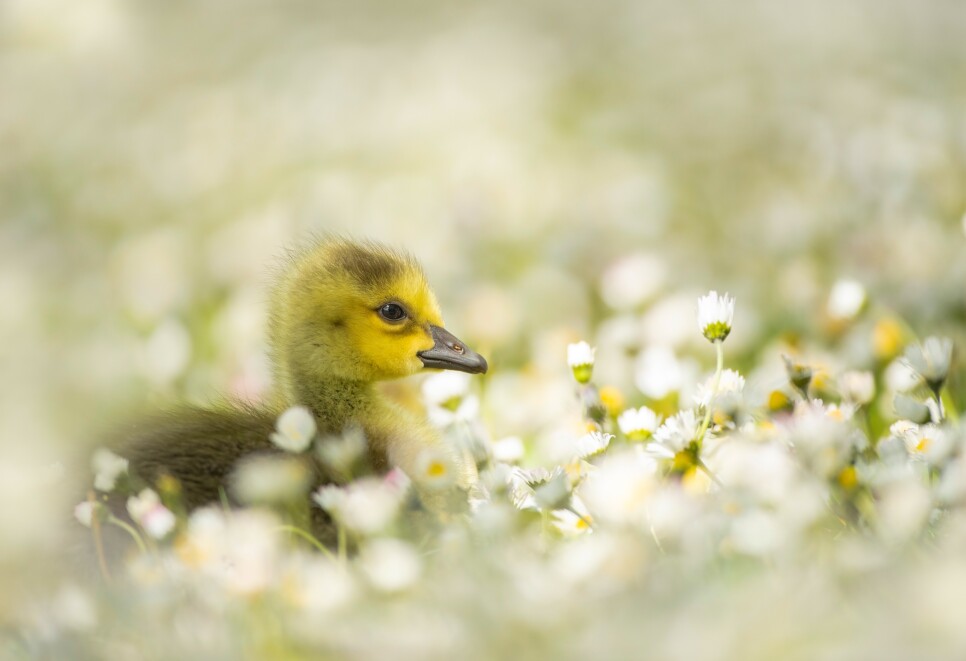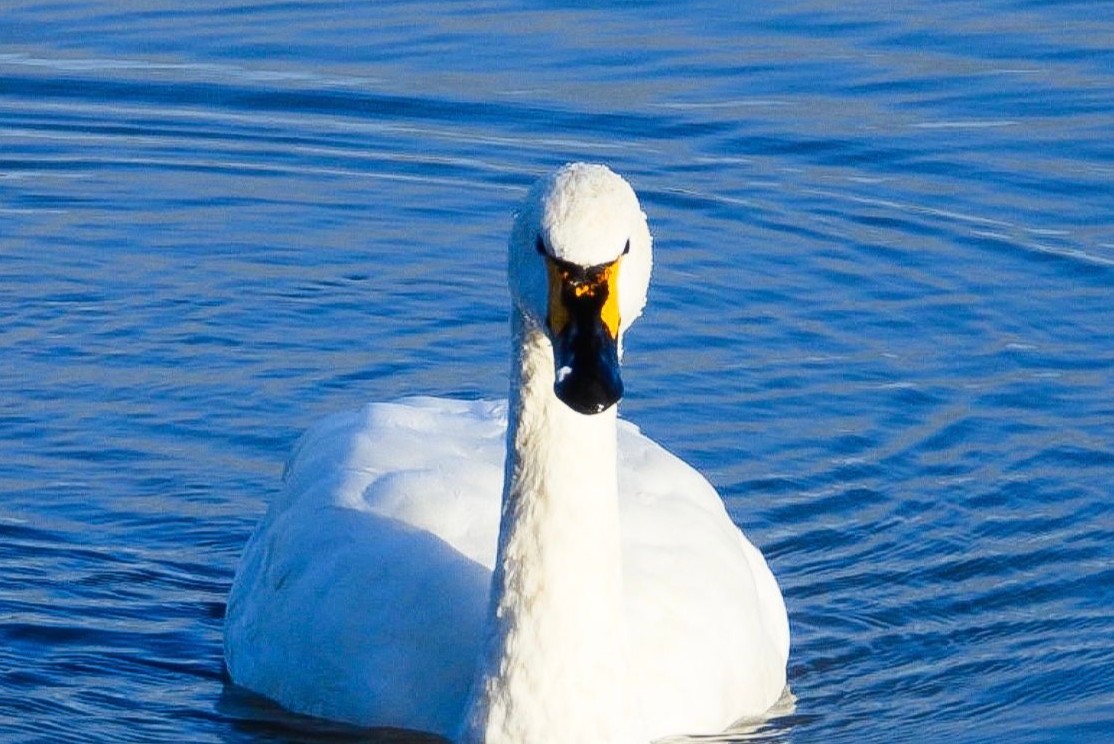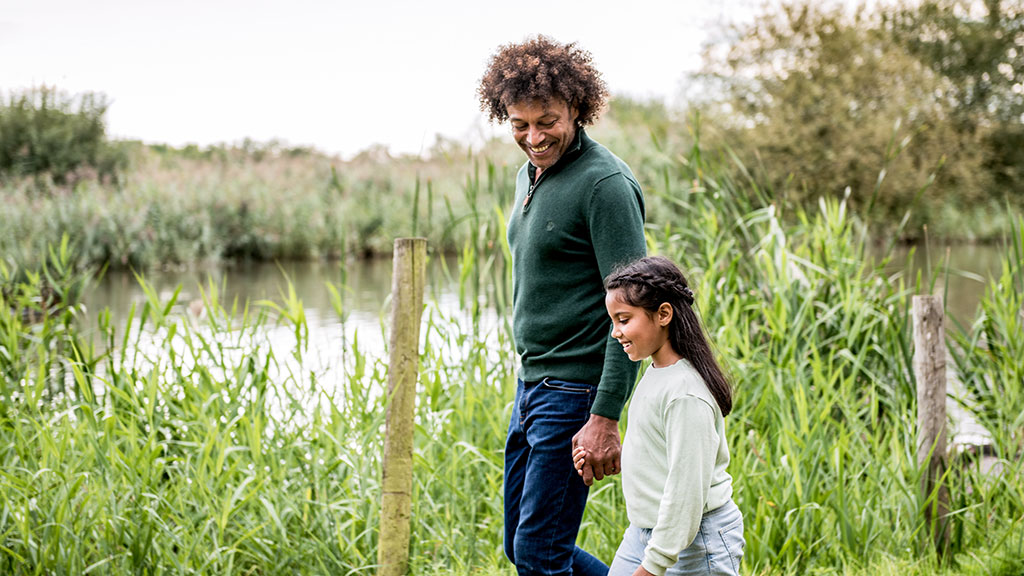Our work

WWT is the charity for wetlands and wildlife.
Wetlands are super-powered solutions to the problems our world faces. They’re flood-busting, mood-boosting, water-purifying, carbon-storing habitats that burst with nature.
But we are losing them at a staggering rate. That’s why we’re on a mission to restore wetlands and unlock their power.
